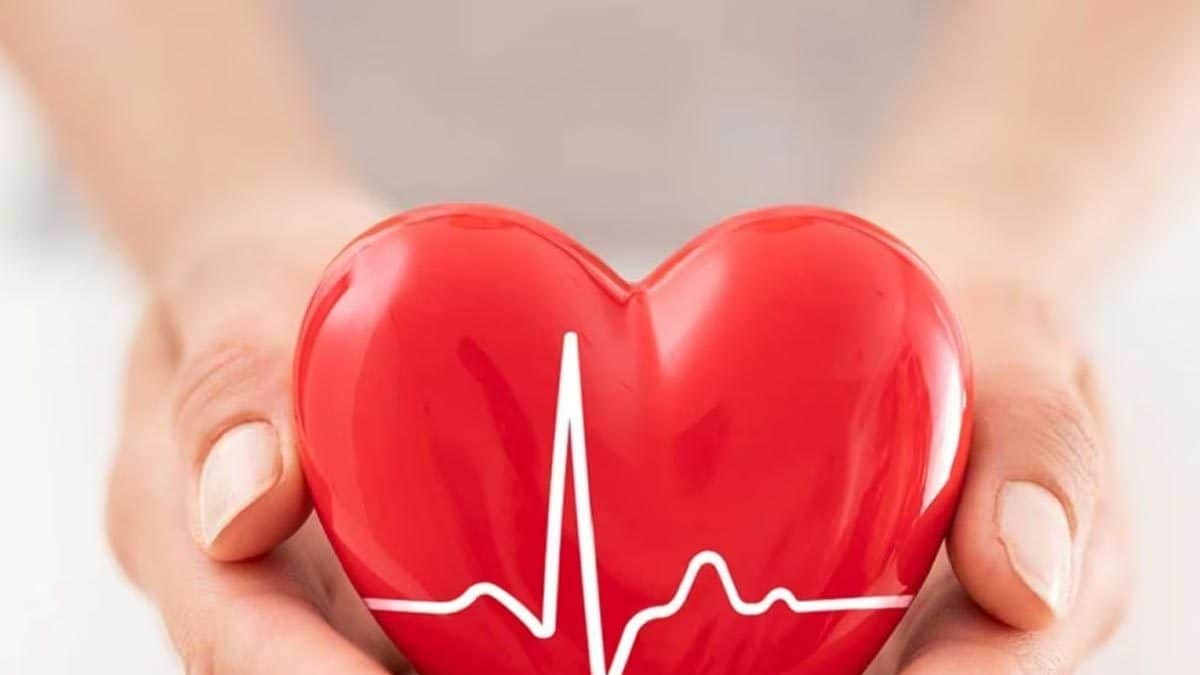The Many Benefits Of Peanuts: From Helping In Weight Loss To Lowering Chances Of Cardiovascular Diseases – News18

Walnuts, almonds, peanuts and other nuts are good for the heart.
Peanuts contain abundant Protein, fat, and other beneficial nutrients. In the United States, peanuts are rarely consumed raw. Instead, they are more often consumed as peanut butter or roasted.
Peanuts (Arachis hypogaea) are a legume that has its origin in South America. They go by a bunch of names, such as earthnuts, goobers, and groundnuts. Despite their name, peanuts are not related to tree nuts. As a legume, they’re connected to lentils, beans, and soy. In the United States, peanuts are rarely consumed raw. Instead, they are more often consumed as peanut butter or roasted.
Other peanut products comprise peanut oil, flour, and protein. These goods are used in an ample number of foods, such as cakes, desserts, snacks and confectionery. Peanuts contain abundant Protein, fat, and other beneficial nutrients. According to the Japan Public Health Center (JPHC) study, peanuts can help you in weight loss and may lower your chance of cardiovascular diseases, especially ischemic stroke.
Everything you need to know about peanuts is included in this article.
- Peanut Proteins
Peanuts are an excellent source of protein. They are a great source of plant-based protein and contain 22-30 per cent of their total calories as protein. The two most prevalent proteins in peanuts, conarachin and arachin can cause severe allergic reactions in some people that can be deadly. - Carbs
Low-carbohydrate foods include peanuts. In fact, the amount of carbohydrates makes up just 13–16% of the total weight. Also, peanuts have a very low Glycemic Index (GI), which is a measurement of how quickly carbs enter your bloodstream after a meal. This is because they are low in carbohydrates and high in protein, fibre and fat. They are therefore suitable for diabetic patients.
Vitamins & Minerals:
- Vitamin E: It is a dietary antioxidant that helps to protect cells from oxidative stress, a normal, yet damaging, physiological process.
- Magnesium: Another important mineral for muscle function including the enzyme function, heart, and energy production.
- Folate: It is needed for cell division, which means that adequate folate consumption is especially important during pregnancy and childhood when tissues are growing rapidly.
- Copper: Copper is essential for red blood cell formation and for a healthy immune system, blood vessels, nerves and bones.
For all the latest lifestyle News Click Here

